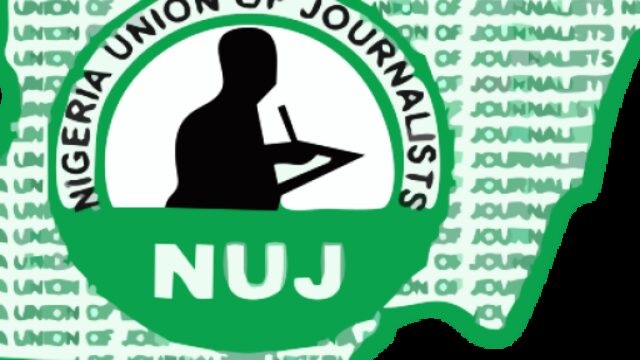Nigerian journalists have been urged to leverage the Freedom of Information (FOI) Act, enacted in 2011, to promote transparency and accountability in governance.
Mr Simon-Reef Musa, a columnist and member of the Nigerian Guild of Editors (NGE), made the call during a one-day media training for journalists in the Federal Capital Territory (FCT) on Tuesday in Abuja.
The training, themed “Harnessing Artificial Intelligence in Journalism,” was organised by the Nigeria Union of Journalists (NUJ), FCT Council, with support from the Nigerian National Petroleum Company Limited (NNPCL) and Chevron Nigeria Limited Joint Venture.
Musa emphasised that access to information and the media’s role in holding power to account were essential to a functioning democracy.
He noted that while the FOI Act marked a significant step toward transparency in Nigeria, its full implementation continued to face obstacles.
“The FOI Act is a law that grants citizens the right to access information held by public authorities.
“Its objectives include making public records freely available, ensuring transparency, protecting the public interest and personal privacy, and shielding public officials from adverse consequences when disclosing certain information,” he said.
He added that more than 85 countries had adopted FOI laws in the last 25 years, signaling a global shift toward open governance.
However, Musa noted that the effectiveness of the laws varied, often depending on political will, resources, and institutional readiness.
Musa also referenced a Supreme Court ruling affirming that the FOI Act applied to all levels of government in Nigeria, including state institutions, a critical decision in addressing state-level resistance to the law.
He recommended steps to strengthen the Act’s implementation, such as increasing public awareness, conducting workshops, launching educational campaigns, and incorporating FOI-related content into school curricula.
Additionally, he called for stronger legal and institutional frameworks to support compliance.
“This includes training personnel, digitising public records, and setting clear procedures for processing information requests.”
Another guest speaker, Dr Lemmy Ughegbe, delivered a lecture titled “Mental Health of Journalists in the Era of Social Media.”
He urged journalists to prioritise their mental and emotional wellbeing in the face of mounting professional pressures.
“You must develop your emotional fortitude to the level where you are not afraid of arrest, but you must do the right thing,” Ughegbe advised.
He also encouraged journalists to explore alternative income streams beyond social media, while staying courageous and committed to truth in their reporting. (NAN)





